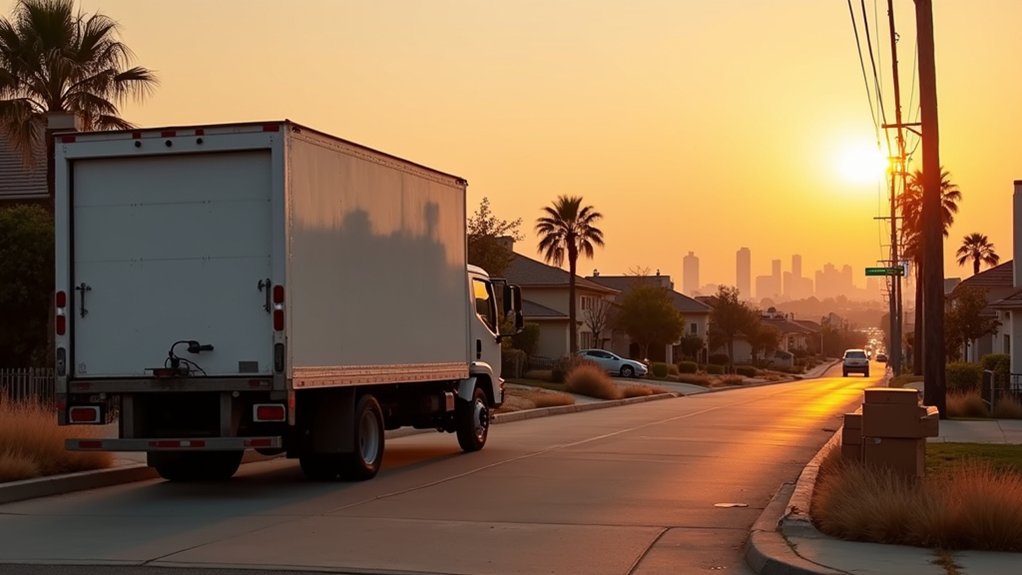At the top of Kiyosaki’s doom-and-gloom list? California, the Golden State that’s apparently losing its shine. With massive debt, underfunded pensions, and a tax system that makes billionaires cry, California’s fiscal situation is looking about as stable as a Jenga tower in an earthquake.
California’s golden dream is tarnishing fast, buckling under massive debt and a tax system that’s driving away both billions and billionaires.
But it’s not alone. Hawaii, Mississippi, New Mexico, Alaska, and New York are among the states where moving trucks are becoming a common sight. Data shows that over 72,000 people move to Hawaii annually, despite Kiyosaki ranking it as the most concerning state.
The mass exodus isn’t just about people seeking better weather. High taxes, suffocating regulations, and deteriorating public services are driving residents to friendlier economic climates. The strain on regional banks has made it particularly difficult, as small business loans become harder to secure in these struggling states. Business owners are following suit, tired of maneuvering through bureaucratic mazes and watching their profits disappear into state coffers.
Real estate markets in these states are feeling the burn. When people leave, housing demand drops. It’s basic economics, really. Property values wobble, vacancy rates climb, and suddenly those “location, location, location” hotspots aren’t so hot anymore. In California and New York, sky-high housing costs are practically shoving people across state lines.
The job market tells an equally grim tale. Young professionals and skilled workers are ditching these states faster than a bad date, seeking opportunities in places where their paychecks won’t evaporate paying rent. States with business-friendly policies are reaping the rewards, while the “collapsing” states watch their talent pool drain away.
Kiyosaki connects these state-level struggles to bigger concerns about the U.S. dollar and financial system. Critics argue his “collapse” prediction is overblown, suggesting policy reforms could turn things around.
But with rising living costs, crumbling infrastructure, and state budgets that look like someone’s been playing darts with the numbers, it’s hard to blame residents for voting with their feet.





